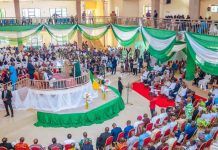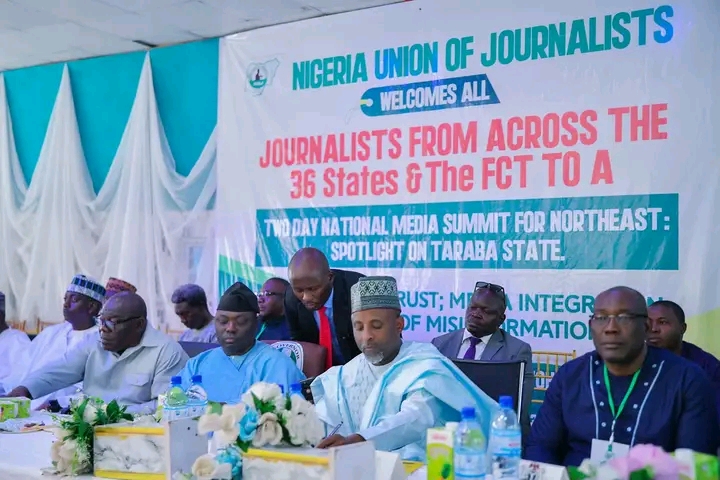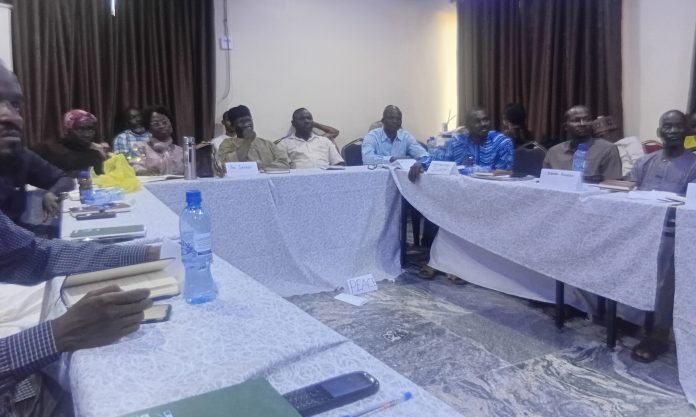Search For Common Ground conducts training for post-project sustainability.
By Christiana Babayo
As the COMITAS project of the Search for Common Ground rounds up, the team has organized a sustainability training to impact participants with the skills needed to sustain the project when the organization takes a bow.
The two-day training took place in Jalingo with participants from the various components, Community Response Network (CRN), Community Security Architecture Dialogue (CSAD), Peace Architecture Dialogue (PAD), Taraba Forum for Farmer Herder Relations (TAFFAHR), and also partners like the Civil Society Organizations.
The Project Coordinator, Mr. Dubi Sonam, in his opening remarks, said the sustainability training is expedient because of the need to ensure continuity of the project and urged all participants to engage and contribute ideas.
Dubi also facilitated a session on Advocacy in sustainability planning for peace-building efforts, where he described the practice of sustainability as meeting the needs of the present without compromising the ability of future generations to meet their own needs.
He also explained that Advocacy helps in shaping narratives, mobilizing resources, and influencing policies.
During his presentation, the Project Manager, Mr. Gambo Wada, who took the modules on resource mobilization, said,
“Apart from the physical resources that we all need to carry out our activities, we also need a fundamental resource, which is intellectual capability. This skill is very key in terms of writing proposals and generating good ideas and concepts for their respective structures.
“Proposal writing is a very tedious job and it requires a lot of intellect and the approaches to use while writing it. Also, networking is key because it enables us to access certain grants.” He said
During the training, participants engaged in group works where they highlighted the current structures of the project and how they can be sustained through collaborative efforts with government agencies, traditional and religious institutions, and other relevant stakeholders within and outside the state.
The groups all agreed that sustainability requires commitment from the leadership of the structures and active engagement of stakeholders to ensure that the existing relationships are maintained and new ones are carved.








































